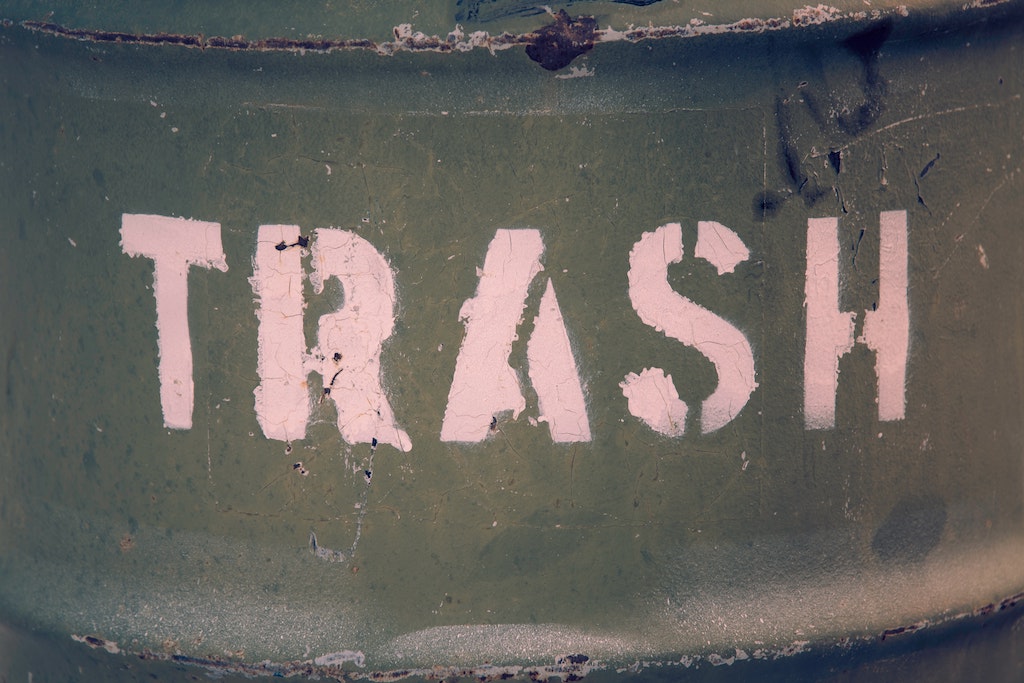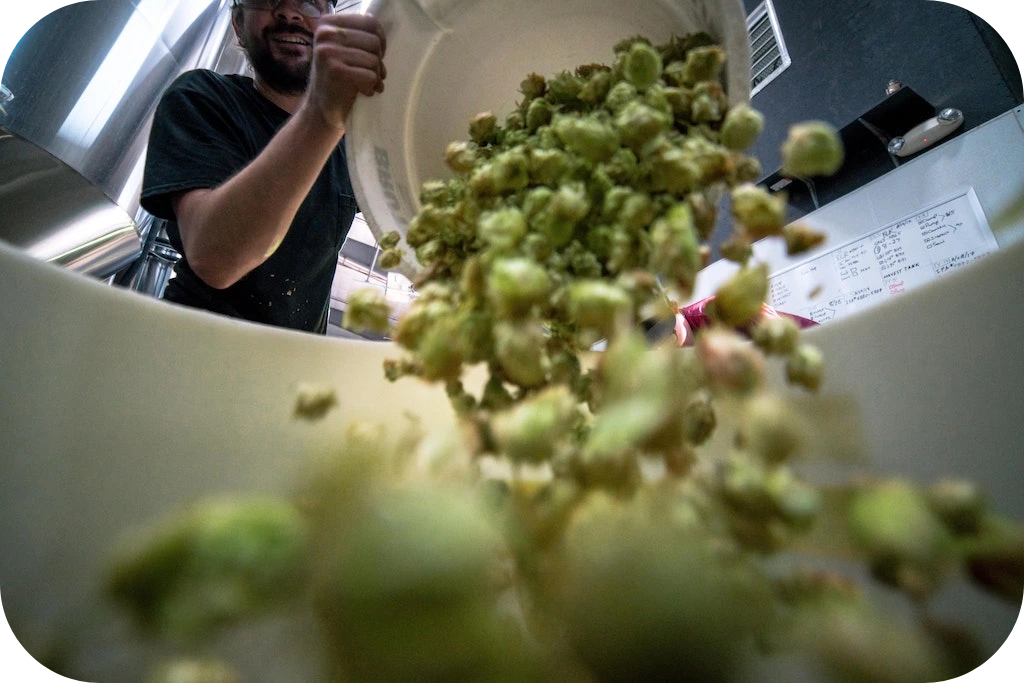Waste Management
Food waste is problematic in many ways. Not only do they represent a major environmental burden, they are also questionable from an ethical and economic point of view.

Between 20% and 60% of the food purchased in the hospitality industry is wasted. This is not only questionable from an economic point of view, but also from an ethical point of view, since almost a billion people worldwide are considered undernourished. Also, the food sector is a major contributor to global warming and is estimated to be responsible for about a quarter of anthropogenic greenhouse gas emissions. Also, food is by far the most significant contributor to water use in the tourism industry, with the majority being freshwater used for food production. Moreover, food waste also poses an environmental burden as landfilling emits methane gas, which is a key contributor to climate change. Therefore, the prevention and management of food waste is of great importance.
Filter by Topic

Photo credits: Unless otherwise stated, all photos are from www.unsplash.com.









